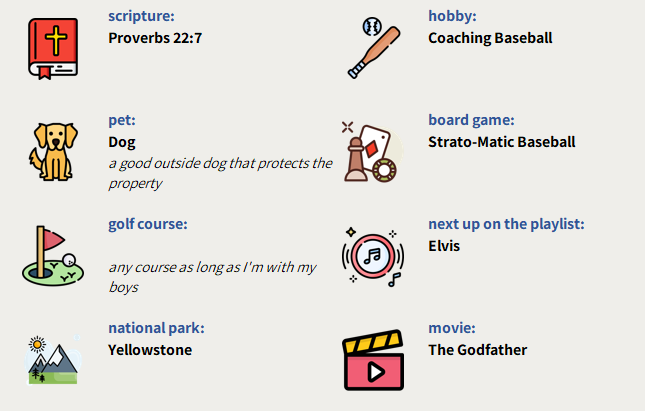A part of the Give.Save.Spend. teaching philosophy we mentioned before, involves SPEND. That is often the most exciting one of the three for kids (and most adults). It certainly can be with my children…and me to be honest.
Side-note: It is fun to spend money, especially when you know it is a part of your overall financial plan. No excuses. No regrets. No questions. No shame. No blame. Good, clean spending.
Okay, back on point…
Assuming we have built in these basic principles: work hard, earn money, give, save and then spend the balance, as parents we have to let go of that last piece and actually give our children authority over what happens to the spend portion of their earned money.
This was a tough one for me. I was constantly micro-managing and offering my unwanted (and un-asked for) opinion on how my children should spend their money. It was a control issue for me, and as long as I have control, my children will never have it, or learn it. The object is to reach your child’s heart and help shape their habits.
Eventually, your children will take their earned $7 and waste it on a piece of junk that will end up in the garbage in less than ten days. That’s okay. And, they may even do it a second time, third time, or a 13th time. Also okay.
With your teaching, guidance, and above all encouragement (NOT a shaming or judging attitude) you will see a light click on and that child will demonstrate thought, introspection and self-control on a purchase opportunity.
That is the goal.
Teach them to first work hard, which will then teach them that is how money is earned. You work hard and earn money; it isn’t given to you just because you want it and someone else worked hard to earn it. If you are consistent with the hard work aspect of this lesson, it will become a little harder for the kids to quickly spend those hard-earned dollar bills. They will show you they are trustworthy with a $5 decision. That means you can trust them with a $10 decision and so on and so forth.
A big opportunity for improvement in our society today is teaching children how to earn $5 and spend it wisely BEFORE we trust them with a $100,000+ decision like going to college.
Walk-away practical application tip: As you allow your children to spend their money, only require that they keep the receipt from any purchase for at least 30 days. After 30 days, have them pull the receipt and explain to you where that item is, and whether or not it was an enjoyable decision 30 days after the fact. Have them write a smiley face on any good purchase, and a frowny face on any poor one. It will have an impact.
For bonus points, do it with your own purchases.
Get focused on teaching, training and equipping our next generation with financial willpower, wisdom and self-control.
Because The Wealth Group, Austin B. Colby & Associates is independent of Raymond James, the expressed written opinions above are our own and not necessarily reflective of Raymond James’ opinions.



























